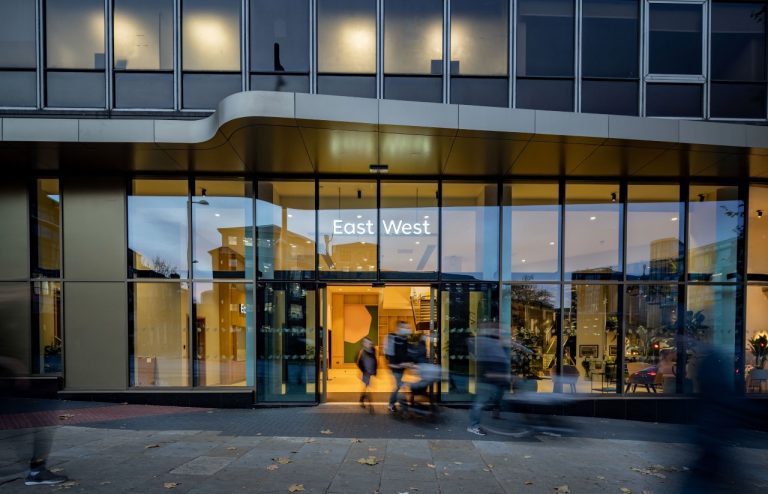Infotec Limited sold to Journeo Plc for £8.7m
Student consultancy project leads to innovation for East Midlands start-up
Seven new tenants move into Nottingham office building
Company fined £100k after man left permanently disabled
Revenue up at Chesterfield packaging manufacturer
Full year results “marginally ahead of market expectations” at Staffline
Albert Ellis, Chief Executive Officer of Staffline, said: “We are pleased to report a solid trading performance across the Group in FY 2022, which is a testament to the outstanding dedication and commitment from all our employees and partners.
“These results not only reinforce Staffline’s position as a market leader in terms of organic growth, but underscore the clear benefits of its highly cash generative business model.
“As the UK cost of living crisis deepens and the much-publicised global macro headwinds continue to swirl, there is no question that our core markets have become more challenging.
“Whilst we are mindful of the challenges ahead, we firmly believe Staffline, supported by our sizable market footprint, sector diversity, and unrivalled track record in service delivery and innovation, remains well placed to capitalise on considerable market opportunities and further grow our market share.”












